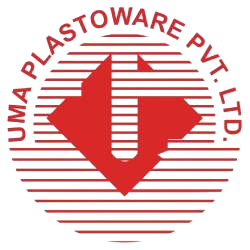Injection moulding for manufacturing has revolutionized the way industries produce parts at scale. With its high precision and ability to create complex shapes, this process has become a cornerstone in mass production across a wide variety of sectors. The automation of injection moulding has significantly accelerated production times, enabling manufacturers to produce large quantities of parts with minimal human intervention. This has not only increased output but also allowed companies to meet the ever-growing demands for high-quality, durable products.
One of the key benefits of automation in injection moulding is its speed. Automated machines can produce components much faster than manual processes, reducing production cycles and increasing throughput. The ability to manufacture parts quickly while maintaining high-quality injection moulding standards ensures that industries such as automotive, electronics, and consumer goods can meet tight deadlines without compromising on the integrity of their products. Additionally, automation minimizes the potential for human error, improving overall process consistency and reducing the risk of defects.
Automation also plays a vital role in reducing material waste, which is a major concern in traditional manufacturing methods. By optimizing the injection moulding process, manufacturers can achieve more precise control over the material used, leading to less waste during production. This results in lower operational costs and a more sustainable approach to manufacturing. As industries continue to focus on reducing their environmental impact, the efficiency of automated injection moulding processes offers a clear advantage, making it a valuable tool for manufacturers looking to stay competitive while maintaining environmentally responsible practices.



